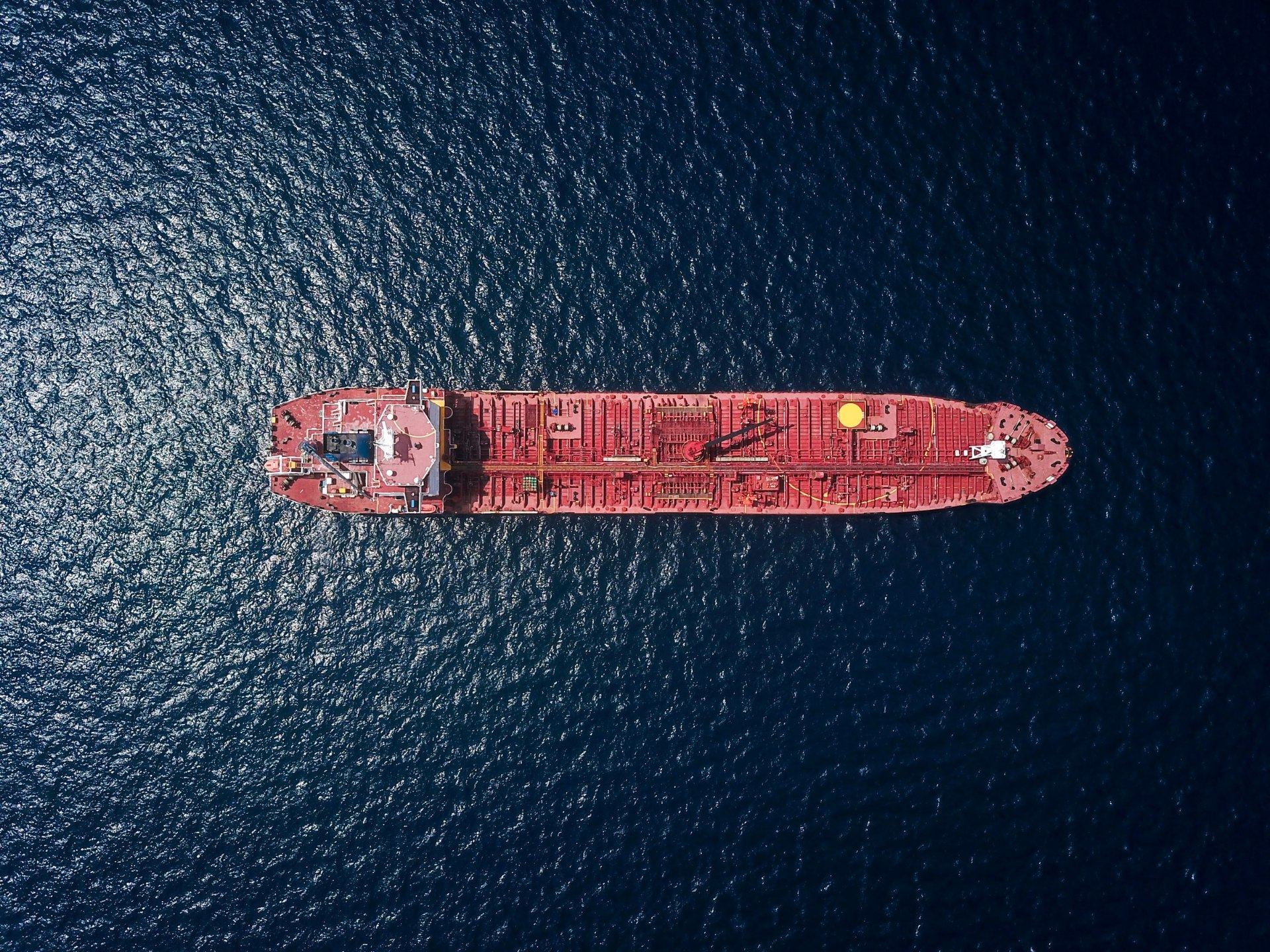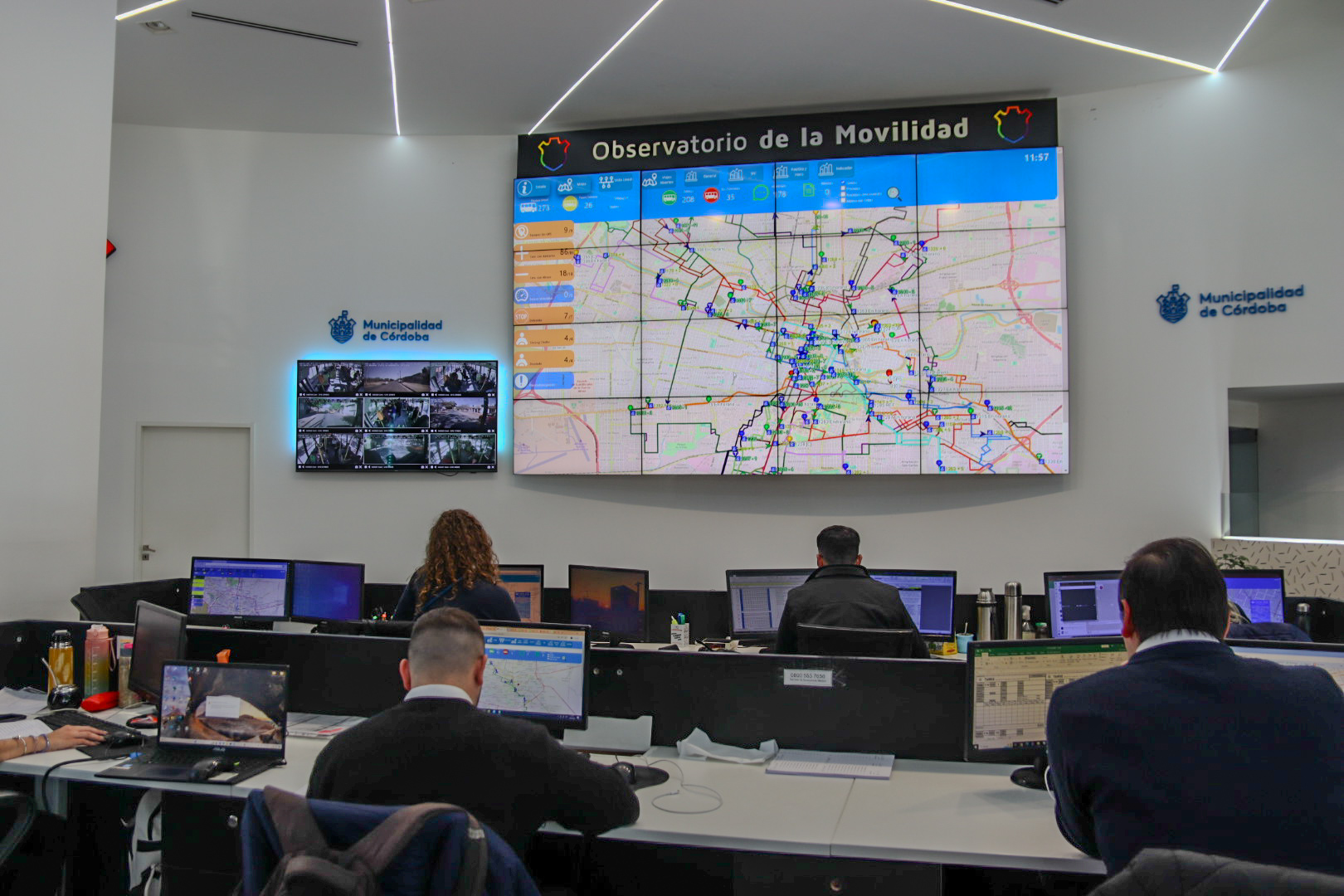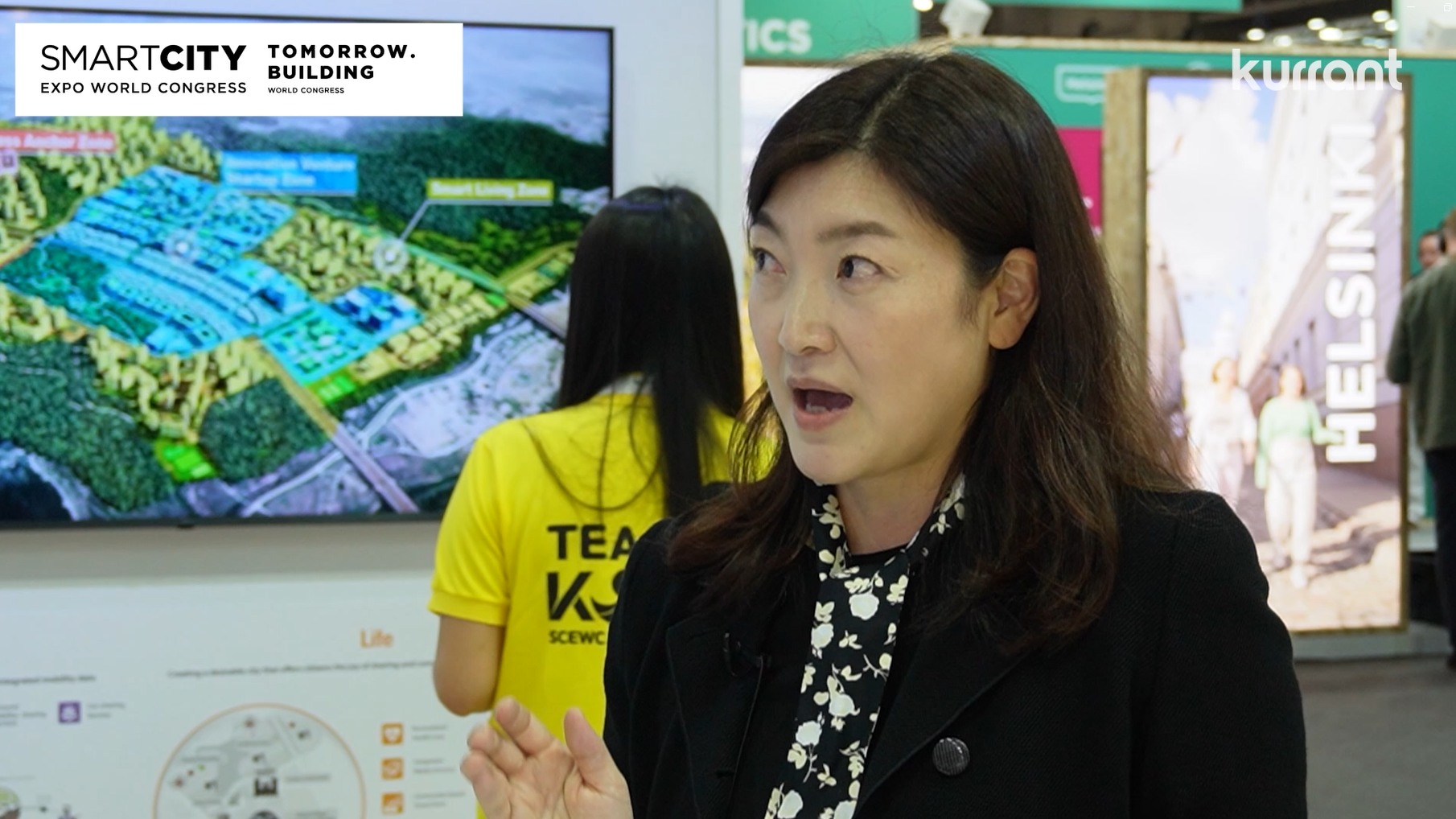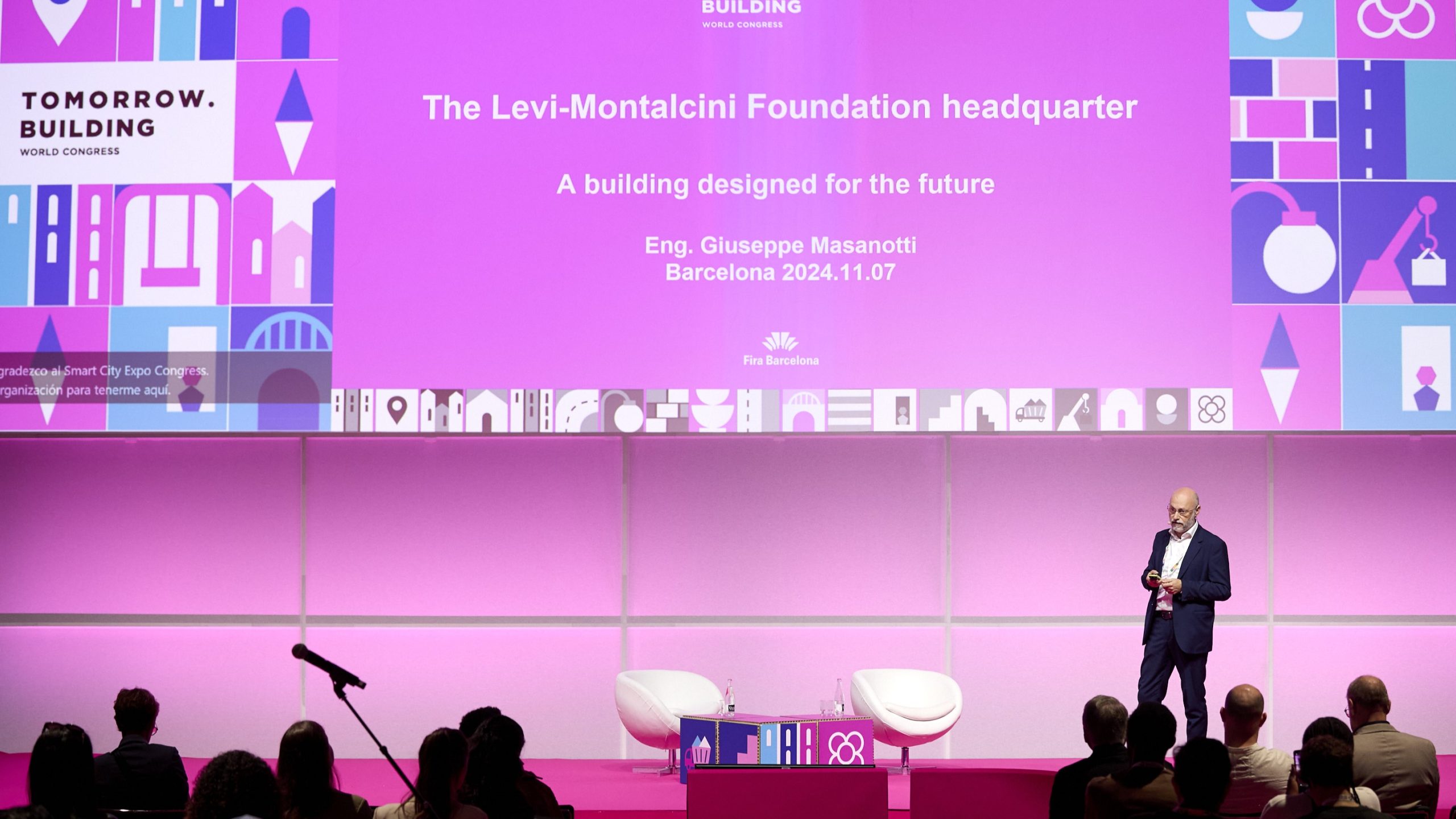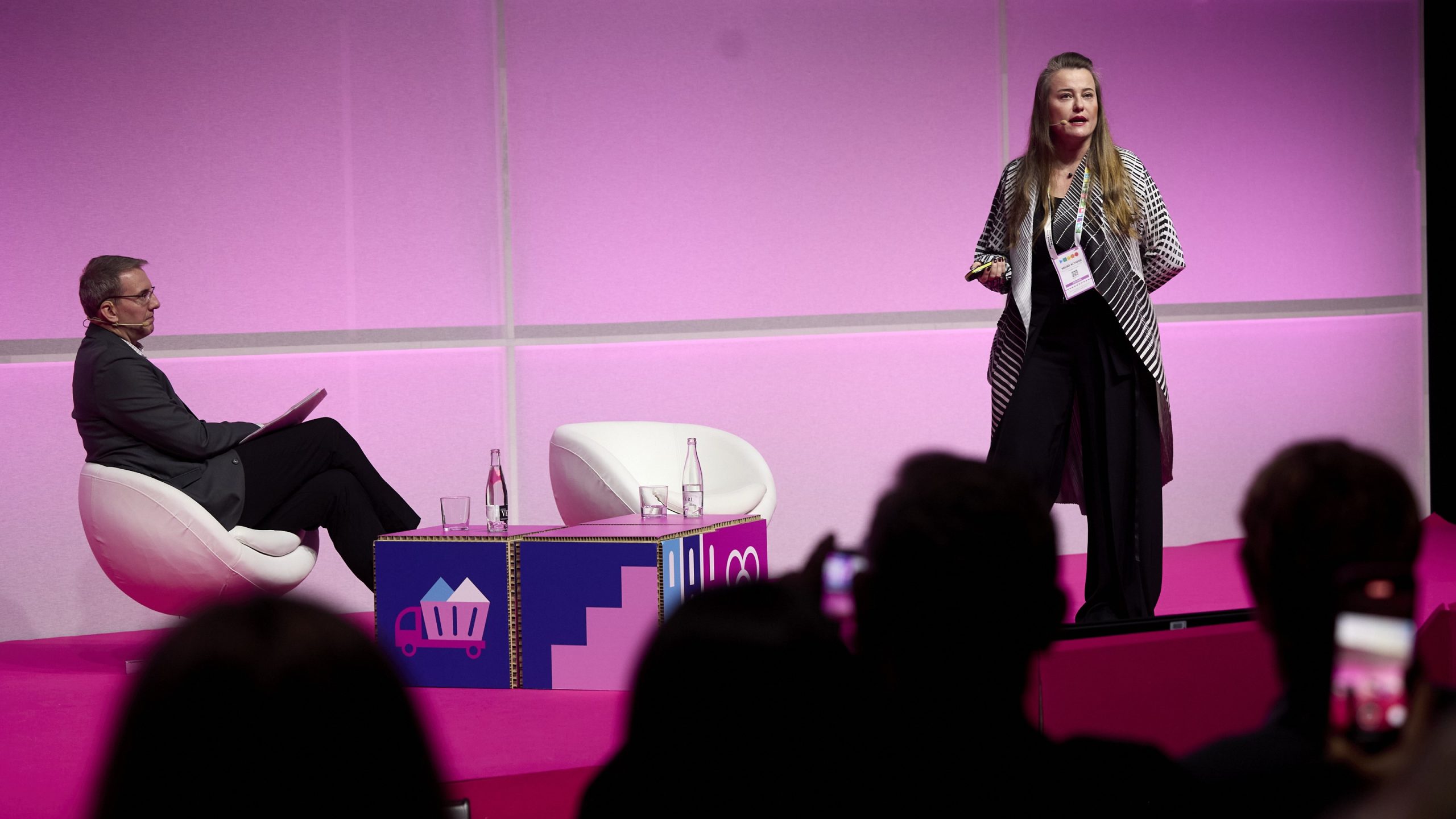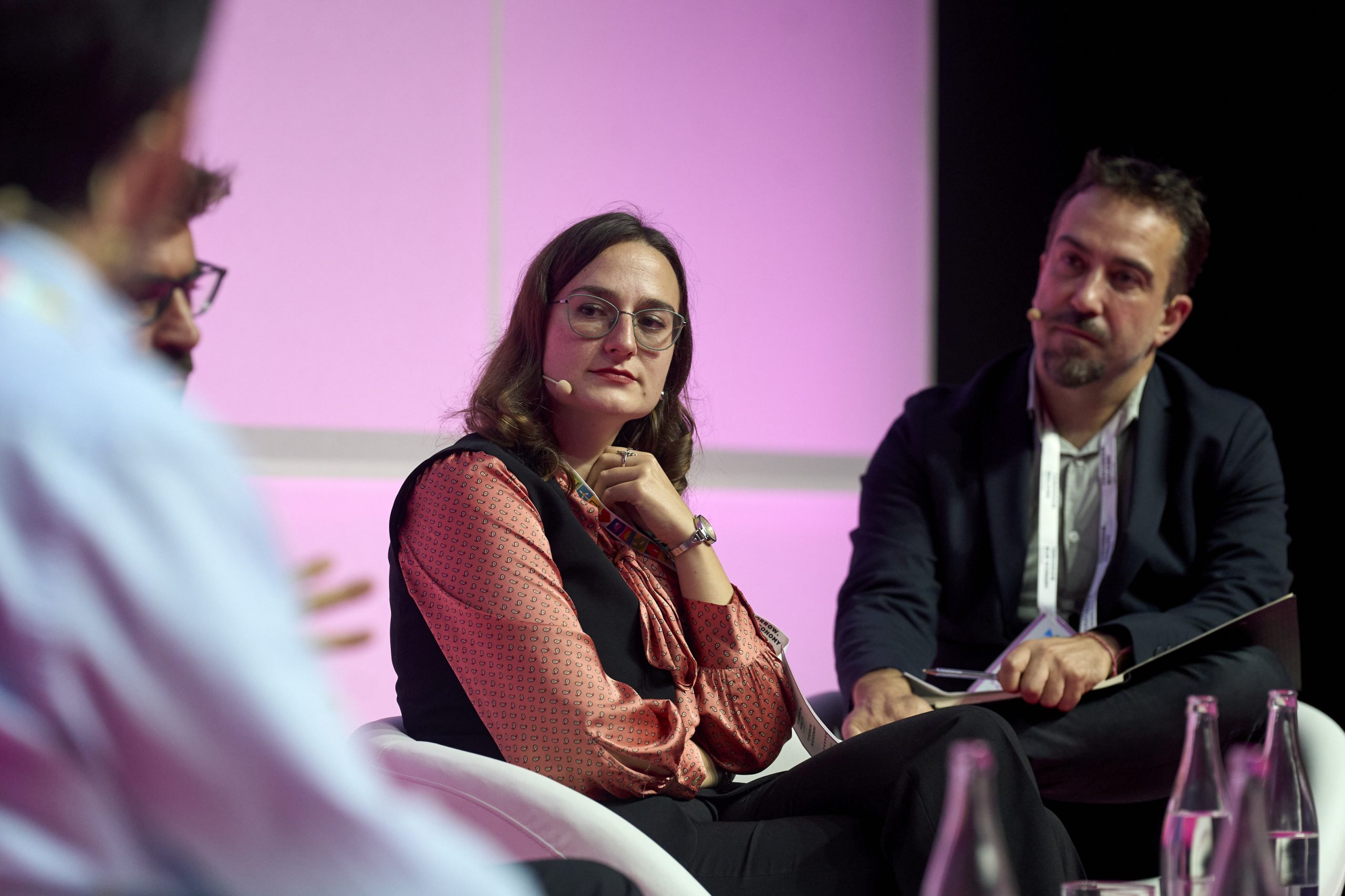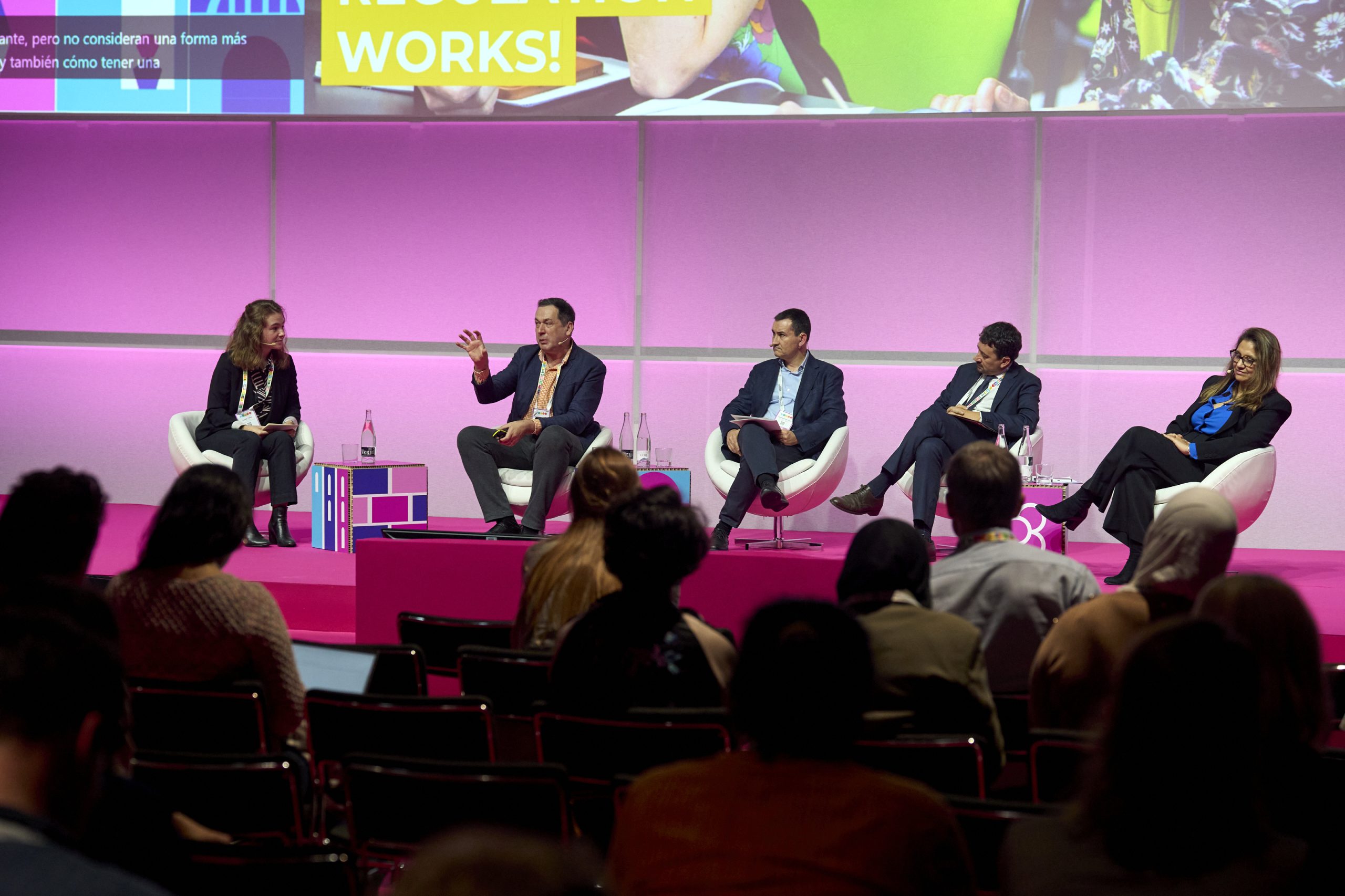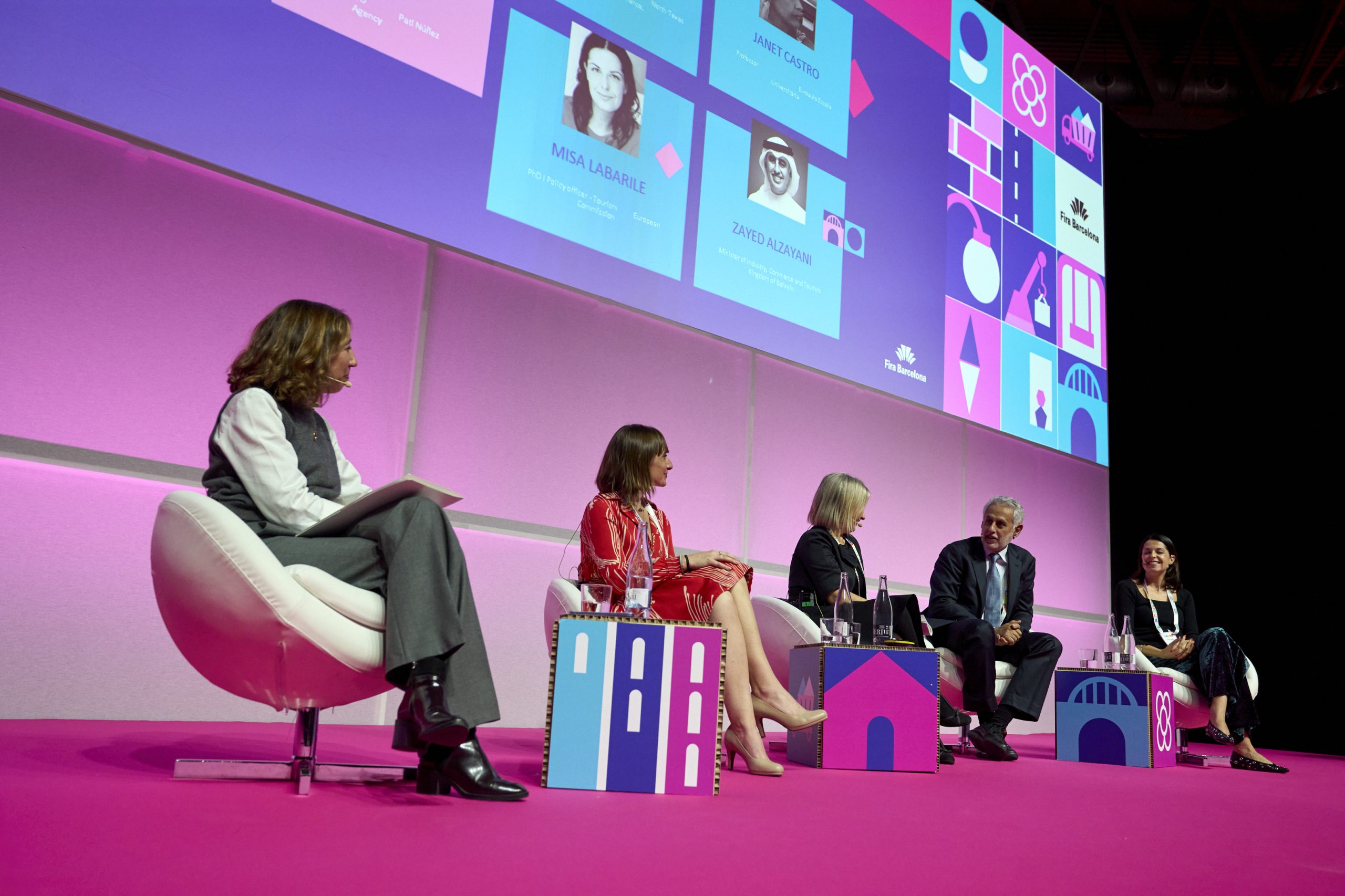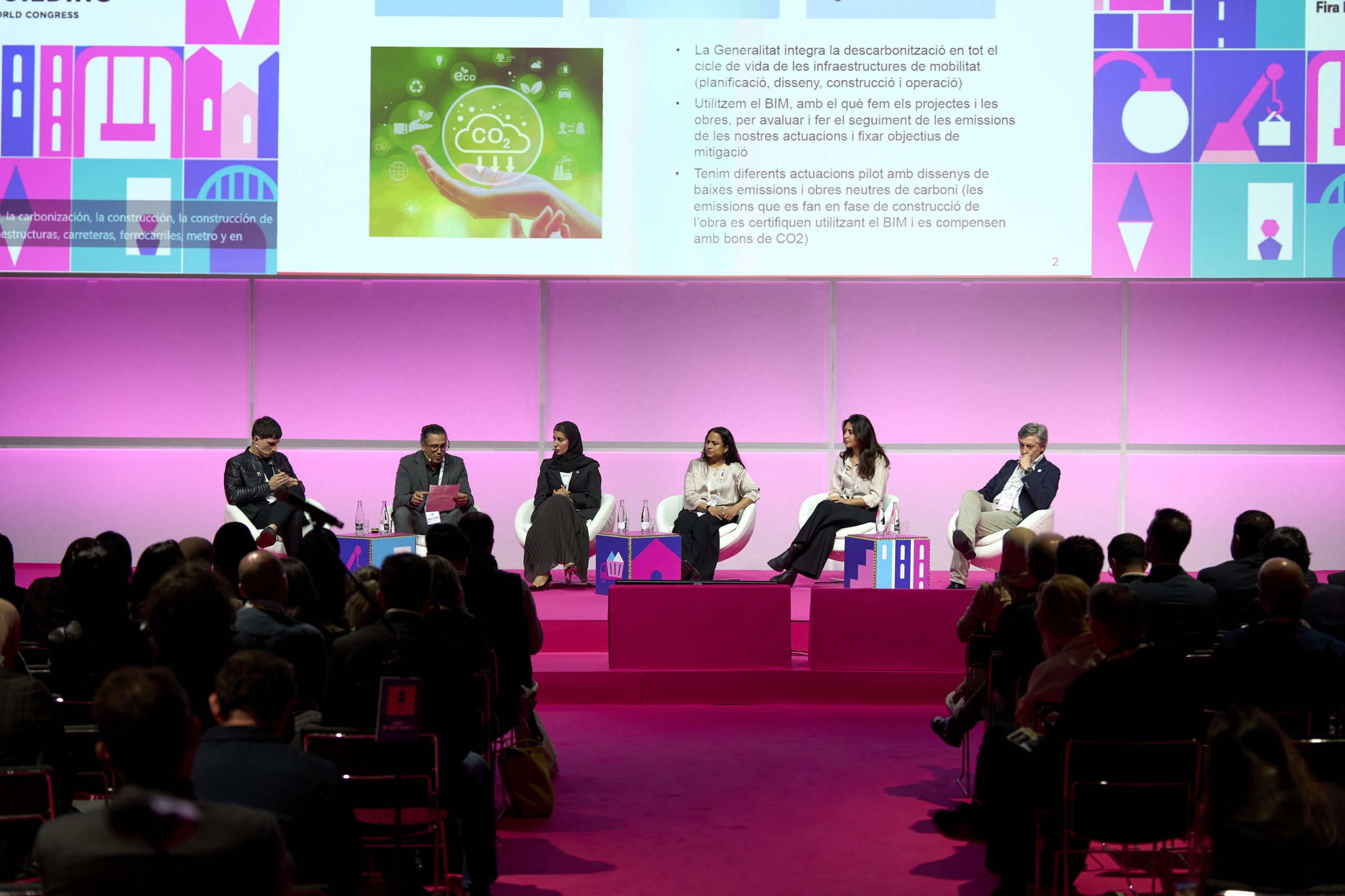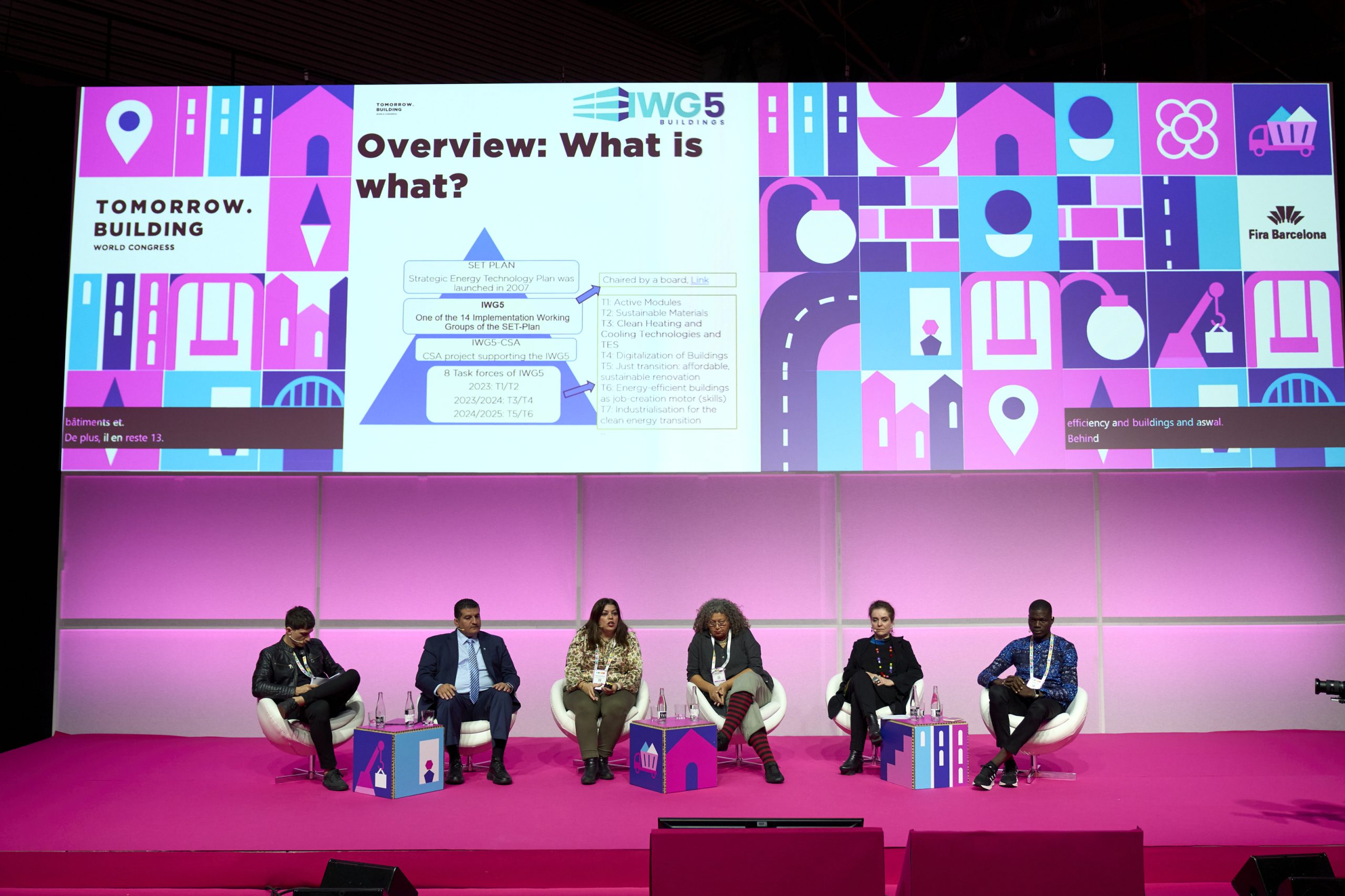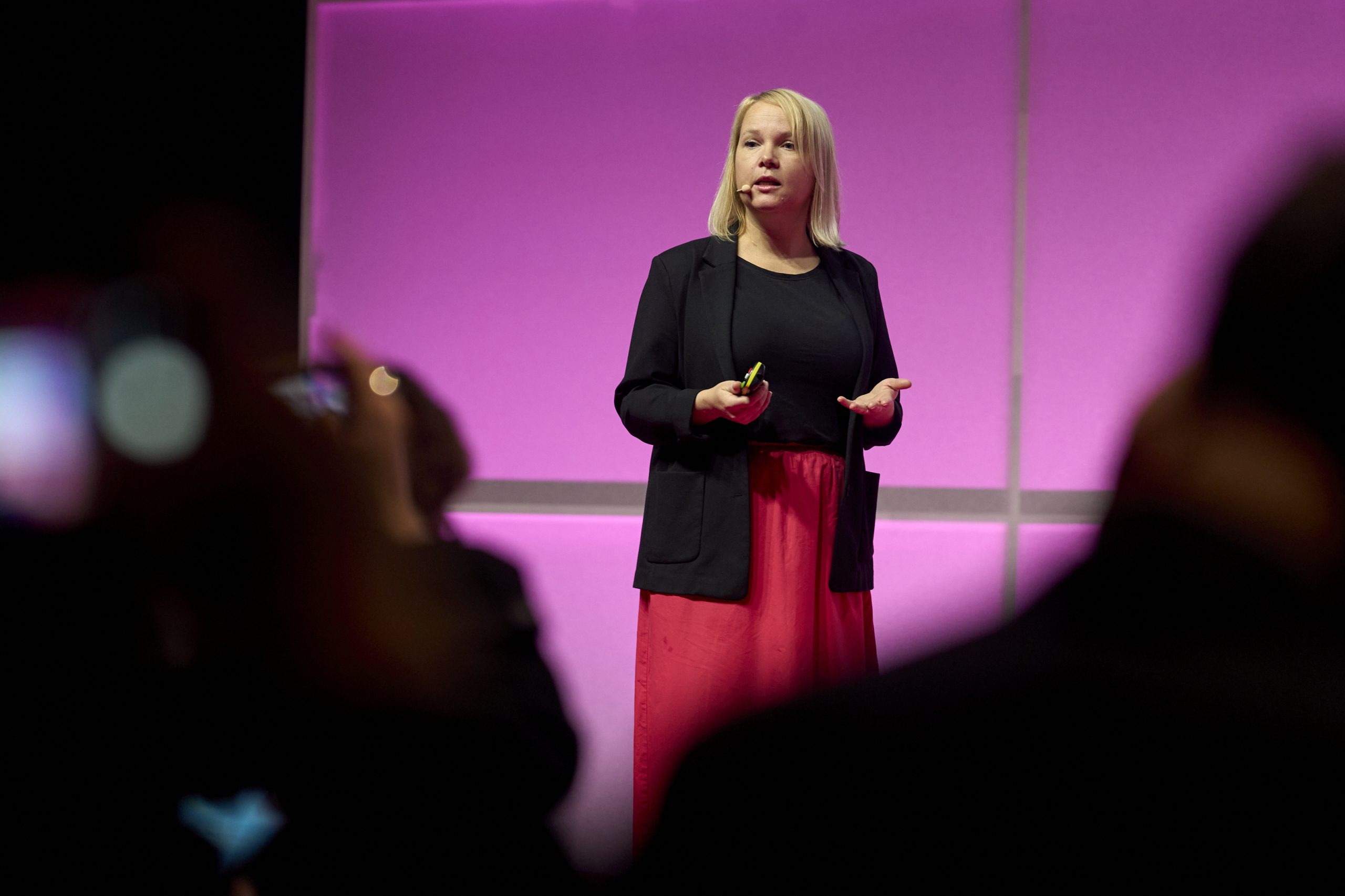Author | Lucía Burbano
Smart Ports: Piers of the Future returns for the third consecutive year on November 16-17. Ahead of the event, Emma Cobos, Director of Innovation and Business Strategy at Port de Barcelona, provides us with an insight into the current and future situation of smart ports and the trends we can expect from this edition, which will have a strong focus on sustainability and multimodality.
Smart Ports: Piers of the Future 2021 will be the third edition of this event. How has the SMART concept applied to ports evolved over the past three years?
The SMART concept has evolved in accordance with the changes in the port industry and in the world as a whole over the past three years. As we all know, the harmful effects of the climate crisis affects all sectors, and constitutes a natural alarm that we should listen to as a planet. This is why the SMART concept is focusing more than ever on smart ports striving to be more sustainable, efficient and socially responsible, without, of course, forgetting connectivity and technological innovation. This is a logical process with the ultimate aim of preserving our ecosystem without relinquishing our main commitment to the digital transformation of the logistics-port sector.
Smart Ports: Piers of the Future will take place on November 16-17 as part of the Smart City Expo World Congress. What would you highlight about this year’s event in terms of format and program?
The 2021 edition of Smart Ports: Piers of the Future will center on the SMART acronym (Sustainability, Multimodality, Agility, Resilience and Transparency), and the vision laid out in the lines of action presented in the Port of Barcelona’s Fourth Strategic Plan for the years ahead. The energy transition, e-mobility, digitalization in the logistics industry, among others, will share space with the blue economy or exploring innovative and revolutionary projects like Hyperloop. In fact, these will be the star projects of this edition.
Smart Ports: Piers of the Future was established in 2019 within the framework of the most important Smart Cities event: the Smart City Expo World Congress, which is held in November of each year in Barcelona. This first edition was attendance-based and hugely successful. In 2020, due to the situation caused by the Covid-19 pandemic, the format of the event was 100% online and broadcast through our Smartports.tv live streaming platform, reaching over 6,000 unique users.
This new 2021 edition will follow the same format as last year: Smart Ports will once again be an online event and can be followed, as mentioned above, via Smartports.tv. The 6 hours of content will be broadcast live over two days, November 16-17. We will have six panel sessions and nine project spotlights based on the SMART concepts.
This year, the Port de Barcelona will once again be a global partner of SCEWC and we will sponsor its main Agora, together with France Business. This means that smart ports will also be discussed in this space, with two sessions planned for November 16.
Blue economy, the opportunities offered by the marine ecosystem

Which SMART acronym concept or concepts will be the focus of this edition?
Undoubtedly, sustainability and multimodality will be the key themes of this edition. These concepts will be included in the most relevant panel sessions of all of those presented this year, which are "Blue Economy & City Ports", "HyperPort of the Future" or "Ports & Cities", respectively.
We are firmly committed to a sustainable port with a people-centered approach. In order to achieve this, it is essential to come together as a city and walk in the same direction. To achieve this, we need to develop initiatives and projects designed to achieve this objective and that is exactly what we will do in this new edition of Smart Ports. We want to involve not only personnel from the port sector, but also other relevant stakeholders within the ecosystem of innovation, sustainability and multimodality.
Smart Ports: Piers of the Future is characterized for anticipating logistics-port trends in the area of innovation. What are the main innovations being developed at the moment and how soon will they be a reality?
Our strategic plan includes investment to transform the port infrastructure and make it "The SMARTest logistics hub in the MED". The aim, therefore, is to change the vision of the traditional port and to provide it with a multidisciplinary, innovative and sustainable ecosystem, through Europe’s leading logistics hub with the blue economy as the main driving force.
This vision of the future includes the Blue District, a district dedicated to the blue technology of the marine sector, where all the activities related to start-ups, tech companies and the academic world will be based, all of which will be associated with the maritime-port sector and directly related to the blue economy.
Why is the blue economy so important? What will those visiting the SmartPorts: Piers of the Future learn about this concept?
The aim of the blue economy is the sustainable, economic and environmental development of the seas and oceans, taking into account both consolidated businesses, such as maritime transport, and the growth of other emerging sectors with huge economic potential in the European Union and in Barcelona, such as renewable energies.
This is a key economic segment that includes sectors such as fishing, agriculture, maritime transport, aquatic and marine biotechnology, coastal tourism or renewable energies.
Numerous cities are taking a stance to be at the epicenter of this blue economy, but Barcelona is in the best position thanks to its major assets. This is a city with a prime strategic location, with a leading port in the Mediterranean and with a scientific and entrepreneurial network that is fundamental for the generation of knowledge.
In this year’s Smart Ports edition, as I mentioned earlier, we will dedicate an exclusive panel session to this subject, with the help of experts with extensive experience, including the European Commissioner for Environment, Oceans and Fisheries, Virginijus Sinkevičius or the CEO of the World Ocean Council, Paul Holthus. We are delighted to have them with us and to present the benefits offered by the blue economy for both ports and society.
Added value of port cities

Do cities and ports have the same SMART challenges and objectives? Can your knowledge as smart ports be extrapolated to cities?
Relationships between ports and the cities in which they are located are increasingly close and these must be completely open. Ports provide cities with commercial and economic value, which, apart from fulfilling their function as a logistics center, are also taking on a new function, attracting talent and embracing technology. This has an extremely positive effect on cities, creating new synergies in a model in which both obtain competitive advantages. This improves integration between the port and the city.
Port cities, given their seaside location and their proximity to city centers, are areas of high strategic interest. Leading international cities are choosing to reinvent underdeveloped areas, breathing new life into them and transforming them into hubs or centers of technological and business innovation.
Port cities such as Antwerp, Busan, Hamburg, Los Angeles, Montreal, Rotterdam or Barcelona, will not be able to be smart cities unless they have a smart port. We are able to highlight the challenging work being conducted in ports around the world to make them more efficient and competitive. Also to integrate into our urban environments in a more sustainable manner and increase our social, economic and environmental contribution to local communities. In order to be more inclusive ports as a well.
A clear example is the Port of Montreal, which is urban, with a keen sense of community since the city was established. They are collaborating with their partners to transform it into a smarter, more agile and sustainable port and to increase its economic activity to benefit the communities. This, of course, requires collaboration, innovation, sustainable development and active listening to all our stakeholders.
Ultimately, the aim of SmartPorts: Piers of the Future is to explore the entire social and economic potential offered by ports today.
Apart from Barcelona’s leadership, another six ports will take part in the event. Is the collaboration between leading ports essential, not only in organizing events, but in sharing scalable solutions for the entire sector?
Absolutely. Collaboration is essential and that is one of our strong points. In fact, Smart Ports: Piers of the Future was created from ChainPort, a group of innovative ports with a commitment to a sustainable future. That is where we decided to hold an event to bring together experts, public representatives, entrepreneurs and executives, with the aim of discussing the future of ports and their journey towards digitalization and sustainability. These ports, which have been with us in this project for three years, are our travel companions because we share the belief that innovation should be sustainable, open and collaborative.
Images | Kristijan Arsov, HyoSun Rosy Ko, Ronan Furuta, Shaah Shahidh
